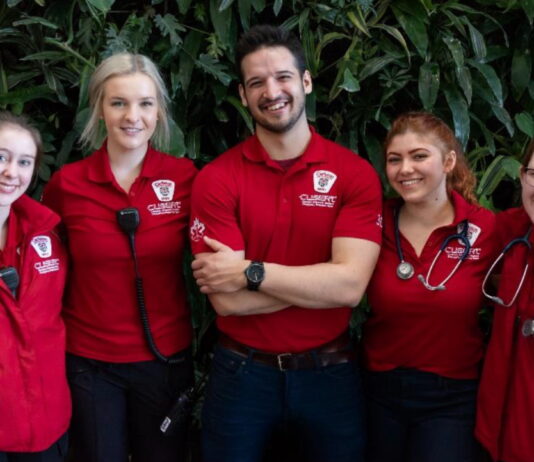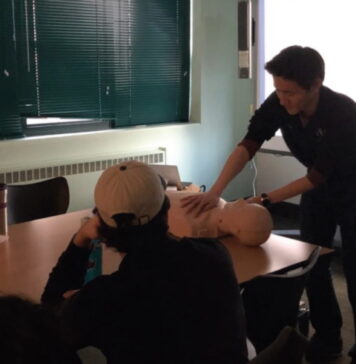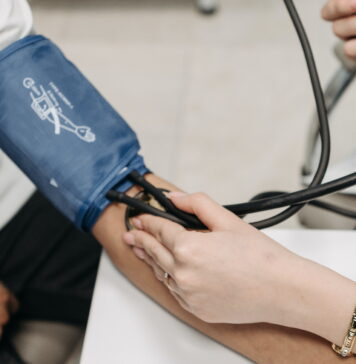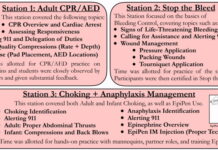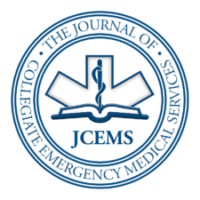Assessing the Adequacy of Behavioral Health Training for Collegiate EMTs
This study aimed to assess EMT self-reported preparedness for behavioral emergencies and to compare behavioral call experience to preparedness.
Heart Rate and Heart Rate Variability as Indicators of Stress in Emergency Medicine Residents...
The authors measured stress-induced heart rate and heart rate variability of emergency medicine residents during a pulseless electrical activity cardiac arrest scenario.
Promoting Youth Emergency Preparedness through Lifesaving Emergency Skill Workshops
Members of Harvard CrimsonEMS expanded outreach to high-school students to create a more medically-literate youth community.
Development of a Mass Gathering Medicine Training Program for Novice Collegiate EMS Providers
New training and protocols have promoted better team dynamics, higher staff confidence, and more efficient patient care.


